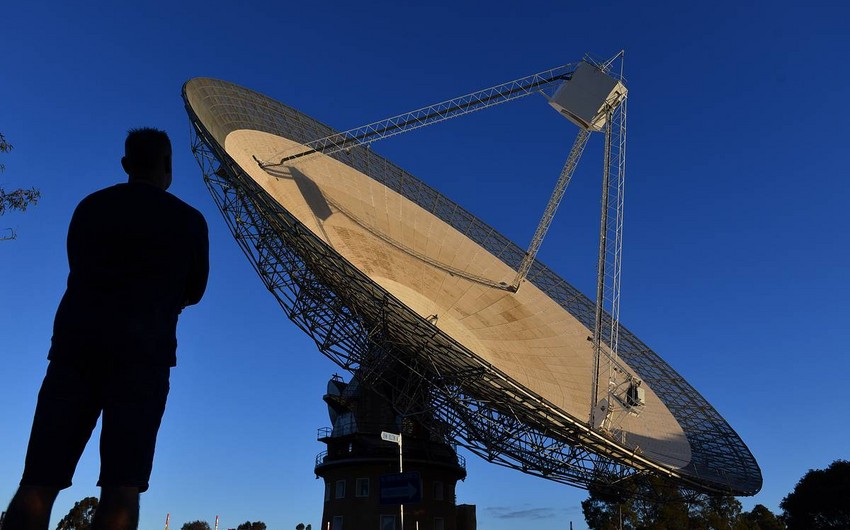Construction of the world's largest radio telescope will begin next month, combining 200 large dish receivers in the semi-arid Karoo region of South Africa and 130,000 small "Christmas tree" antennas scattered across the Western Australian outback, Report informs, citing FT.
The gigantic € 2 billion square kilometer Array Observatory, an international partnership between South Africa, Australia, the UK, and four other countries, will be at least ten times more powerful than existing telescopes. Astronomers say it will help them conduct research ranging from understanding how galaxies form and evolve to detecting biochemical signs of life on distant planets.
The seven founding nations of the SKA observatory said Tuesday that the project's technical and scientific case and funding were secure enough for construction to begin. Design and engineering preparations have been underway for seven years, with completion scheduled for July 2029.
"I am ecstatic," said Professor Philip Diamond, CEO of SKA. "Today, humanity is taking another big step by committing to build what will be the largest scientific facility of its kind on the planet, not just one, but the two largest and most complex radio telescope networks, designed to uncover some of the fascinating secrets of our universe. "
The founding members of the SKA project are Australia, Great Britain, South Africa, China, Italy, the Netherlands, Portugal, and the candidate countries are France, Spain, Switzerland, Germany, Sweden, India, Japan, South Korea, and Canada.


 https://static.report.az/photo/fe13d77b-a324-3624-8322-7db9a8dde890.jpg
https://static.report.az/photo/fe13d77b-a324-3624-8322-7db9a8dde890.jpg

